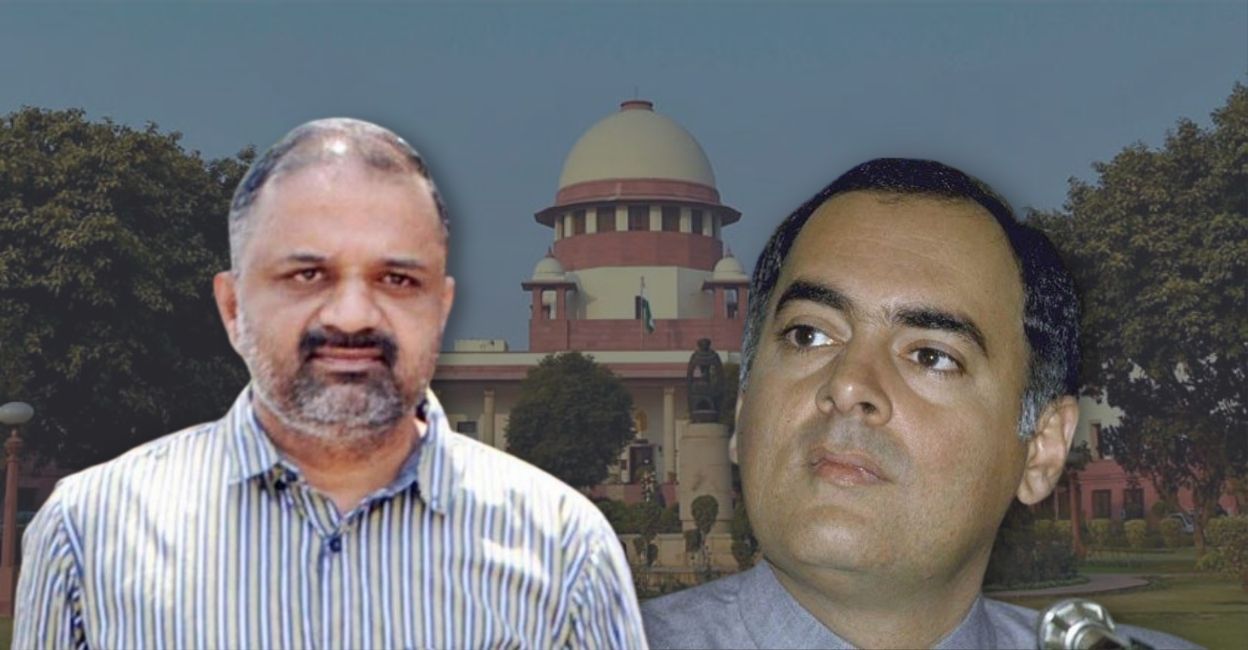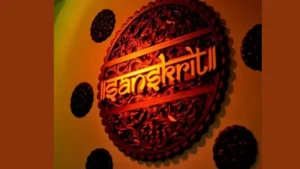The Supreme Court used Article 142 of the Constitution to grant AG Perarivalan, a convict in the assassination of former Prime Minister Rajiv Gandhi, extraordinary powers to “do complete justice in any cause or matter pending before it.” Perarivalan was released free by a bench of justices led by L.N. Rao and B.R. Gavai, who took into account his lengthy incarceration.
Rajiv Gandhi Assassination Investigation
Perarivalan spent 29 of his 32 years in prison in solitary confinement until being granted bail by the Supreme Court in March 2022. He spent 16 years on execution row before the court remitted his sentence to life imprisonment in 2014. The court further noted that Perarivalan had filed his clemency plea under Article 161 with the Tamil Nadu Governor in 2015, and that the state cabinet had instructed the state’s chief executive to accept it in September 2018.
BACKGROUND
Rajiv Gandhi was slain in a suicide explosion at a rally in Sriperumbudur, Tamil Nadu, on May 21, 1991. Perarivalan was arrested on June 11, 1991, while he was only 19 years old. On January 28, 1998, 26 persons were sentenced to death, including Perarivalan and his co-accused Nalini. On May 11, 1999, the Supreme Court maintained the death sentences of Murugan, Santhan, Perarivalan, and Nalini.
Buy Prime Test Series for all Banking, SSC, Insurance & other exams




 Which Country is known as the Land of Mo...
Which Country is known as the Land of Mo...
 Which Languages is known as the Mother o...
Which Languages is known as the Mother o...
 Which Country is known as the Highest Pr...
Which Country is known as the Highest Pr...








